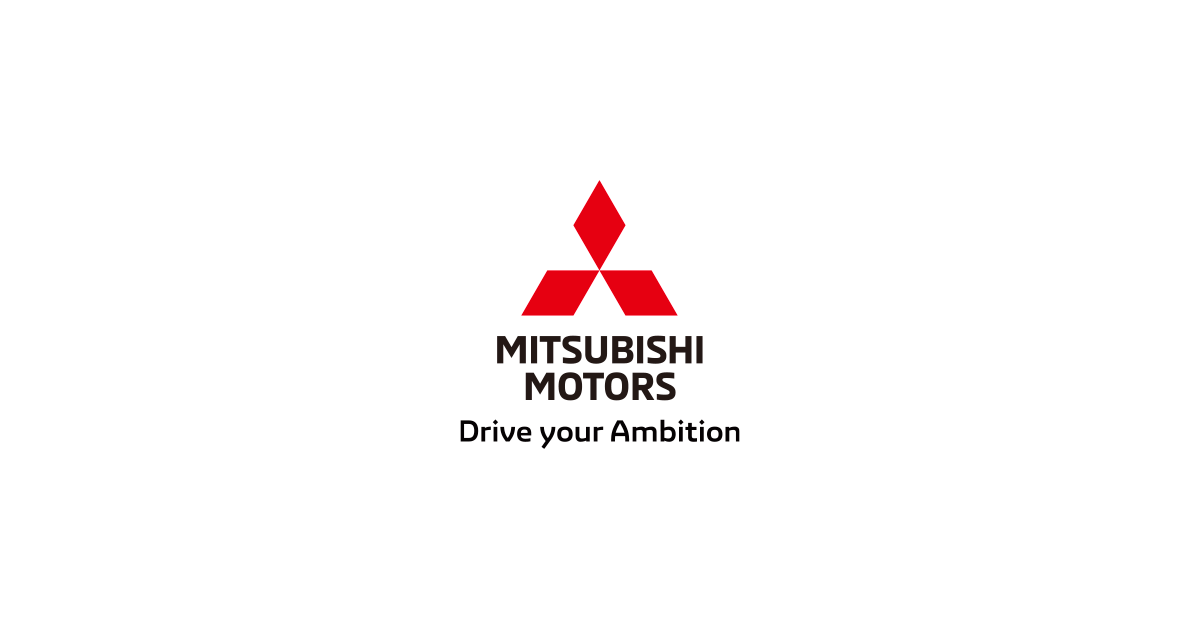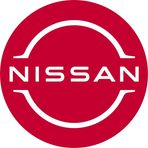Mitsubishi Motors Joins Forces with Honda and Nissan: A New Era in the Auto Industry
July 29, 2024, 3:51 am

Location: United States, California, Torrance
Employees: 10001+
Founded date: 1959
In a bold move that echoes the shifting tides of the automotive landscape, Mitsubishi Motors is set to join the alliance between Honda and Nissan. This partnership is not just a handshake; it’s a strategic maneuver designed to bolster their collective strength in an increasingly competitive market. With combined sales exceeding 8 million vehicles, this trio aims to reshape the future of mobility.
The automotive industry is at a crossroads. Electric vehicles (EVs) are no longer a novelty; they are the new normal. As the world pivots towards sustainability, traditional automakers must adapt or risk being left behind. Mitsubishi’s entry into the Honda-Nissan alliance signals a recognition of this reality. The collaboration aims to standardize in-vehicle software, a crucial step in the race to develop smarter, more efficient vehicles.
Mitsubishi, already 34% owned by Nissan, is no stranger to alliances. It has been part of a long-standing partnership with Nissan and Renault. However, this new collaboration with Honda marks a significant shift. It’s a testament to the need for automakers to pool resources and expertise in the face of mounting pressure from rivals like Tesla and BYD. These companies have redefined the market with innovative technologies and aggressive pricing strategies.
Nissan has been feeling the heat. Once a dominant player, it has seen its market share dwindle, particularly in the U.S. and China. These two markets are critical, accounting for half of Nissan’s global sales. The recent slashing of its annual outlook underscores the urgency of the situation. Heavy discounting in the U.S. has nearly wiped out profits, a clear signal that the company must rethink its strategy.
The partnership with Honda and Mitsubishi could be the lifeline Nissan needs. By collaborating on EV components and artificial intelligence in automotive software, the trio can streamline production and reduce costs. This is not just about survival; it’s about thriving in a landscape where consumer preferences are rapidly evolving.
In China, the stakes are even higher. Japanese brands once enjoyed a strong foothold, but they now face fierce competition from local manufacturers. These companies have quickly ramped up production and captured consumer interest with affordable, tech-savvy vehicles. For Nissan, Honda, and Mitsubishi, the alliance is a strategic response to this challenge. It’s a way to regain lost ground and re-establish their presence in a market that is increasingly dominated by homegrown brands.
The collaboration also highlights a broader trend in the automotive industry: the shift towards electrification and smart technology. As vehicles become more connected, the need for standardized software becomes paramount. This partnership aims to create a cohesive platform that can support the next generation of vehicles. It’s about building a foundation for future innovations, ensuring that these automakers can compete not just today, but in the years to come.
However, the road ahead is fraught with challenges. The automotive landscape is changing rapidly, and consumer expectations are higher than ever. Automakers must not only produce vehicles that are efficient and affordable but also those that are equipped with the latest technology. The pressure to innovate is relentless.
Moreover, the alliance must navigate the complexities of corporate culture and operational differences. Each company has its own strengths and weaknesses. Finding common ground will be essential for the success of this partnership. It’s a delicate dance, one that requires careful coordination and mutual respect.
As Mitsubishi Motors steps into this alliance, it brings its own set of strengths. The company has a history of producing reliable vehicles and has made strides in the EV market. By joining forces with Honda and Nissan, it can leverage their resources and expertise to accelerate its growth. This partnership could be the catalyst that propels Mitsubishi into a new era of innovation.
In conclusion, the alliance between Mitsubishi, Honda, and Nissan is more than just a business arrangement; it’s a strategic response to the challenges facing the automotive industry. As the world shifts towards electric vehicles and smart technology, this partnership aims to create a robust platform for future growth. The stakes are high, but so are the potential rewards. Together, these automakers can navigate the turbulent waters of the automotive landscape, ensuring they remain relevant in a rapidly changing world. The future of mobility is here, and it’s a journey worth taking.
The automotive industry is at a crossroads. Electric vehicles (EVs) are no longer a novelty; they are the new normal. As the world pivots towards sustainability, traditional automakers must adapt or risk being left behind. Mitsubishi’s entry into the Honda-Nissan alliance signals a recognition of this reality. The collaboration aims to standardize in-vehicle software, a crucial step in the race to develop smarter, more efficient vehicles.
Mitsubishi, already 34% owned by Nissan, is no stranger to alliances. It has been part of a long-standing partnership with Nissan and Renault. However, this new collaboration with Honda marks a significant shift. It’s a testament to the need for automakers to pool resources and expertise in the face of mounting pressure from rivals like Tesla and BYD. These companies have redefined the market with innovative technologies and aggressive pricing strategies.
Nissan has been feeling the heat. Once a dominant player, it has seen its market share dwindle, particularly in the U.S. and China. These two markets are critical, accounting for half of Nissan’s global sales. The recent slashing of its annual outlook underscores the urgency of the situation. Heavy discounting in the U.S. has nearly wiped out profits, a clear signal that the company must rethink its strategy.
The partnership with Honda and Mitsubishi could be the lifeline Nissan needs. By collaborating on EV components and artificial intelligence in automotive software, the trio can streamline production and reduce costs. This is not just about survival; it’s about thriving in a landscape where consumer preferences are rapidly evolving.
In China, the stakes are even higher. Japanese brands once enjoyed a strong foothold, but they now face fierce competition from local manufacturers. These companies have quickly ramped up production and captured consumer interest with affordable, tech-savvy vehicles. For Nissan, Honda, and Mitsubishi, the alliance is a strategic response to this challenge. It’s a way to regain lost ground and re-establish their presence in a market that is increasingly dominated by homegrown brands.
The collaboration also highlights a broader trend in the automotive industry: the shift towards electrification and smart technology. As vehicles become more connected, the need for standardized software becomes paramount. This partnership aims to create a cohesive platform that can support the next generation of vehicles. It’s about building a foundation for future innovations, ensuring that these automakers can compete not just today, but in the years to come.
However, the road ahead is fraught with challenges. The automotive landscape is changing rapidly, and consumer expectations are higher than ever. Automakers must not only produce vehicles that are efficient and affordable but also those that are equipped with the latest technology. The pressure to innovate is relentless.
Moreover, the alliance must navigate the complexities of corporate culture and operational differences. Each company has its own strengths and weaknesses. Finding common ground will be essential for the success of this partnership. It’s a delicate dance, one that requires careful coordination and mutual respect.
As Mitsubishi Motors steps into this alliance, it brings its own set of strengths. The company has a history of producing reliable vehicles and has made strides in the EV market. By joining forces with Honda and Nissan, it can leverage their resources and expertise to accelerate its growth. This partnership could be the catalyst that propels Mitsubishi into a new era of innovation.
In conclusion, the alliance between Mitsubishi, Honda, and Nissan is more than just a business arrangement; it’s a strategic response to the challenges facing the automotive industry. As the world shifts towards electric vehicles and smart technology, this partnership aims to create a robust platform for future growth. The stakes are high, but so are the potential rewards. Together, these automakers can navigate the turbulent waters of the automotive landscape, ensuring they remain relevant in a rapidly changing world. The future of mobility is here, and it’s a journey worth taking.

